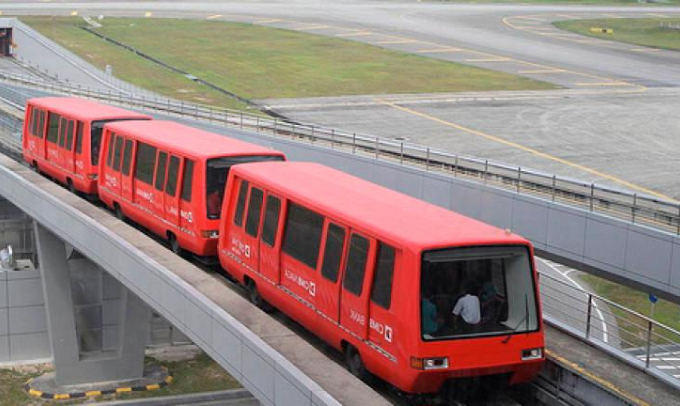Unveiling Hidden Challenges: Corruption, Cronyism, and Complacency in Malaysia
Within the enchanting landscape of Malaysia, there lie three concealed challenges, often imperceptible to the casual observer: the undercurrents of corruption, cronyism, and complacency. These subtle adversaries possess the capacity to dismantle the very foundations of this idyllic realm.
Corruption’s Subversive Grip: The initial pair of adversaries garner relatively swift recognition, having been extensively expounded upon. The nation’s placement on corruption perception indices—both domestically and internationally—stands as a testament to this unfortunate reality, despite the vigorous endeavors undertaken to expunge this malevolence.
The virtue of integrity seems to have dwindled, overshadowed by the prominence of wealth and materialistic pursuits. A recent incident involving a minister’s eruption at Kuala Lumpur International Airport (KLIA), the primary gateway through which tourists obtain their initial glimpse of the nation, has brought into focus a pervasive “culture of corruption.”
Cronyism’s Quiet Erosion: Although often operating behind closed doors, cronyism represents another formidable challenge. The cozy intertwining of political and business interests has the potential to erode the principles of fair competition and equal opportunity. This practice can lead to the sidelining of meritorious individuals and the concentration of power within select circles.
The implications extend beyond economics, infiltrating various sectors and influencing decision-making processes. Transparency and impartiality often become casualties of cronyism, as individual gain takes precedence over collective progress.
Complacency’s Subtle Decay: Complacency, a subtler yet equally insidious challenge, can be likened to a silent decay eating away at the nation’s potential. When the pursuit of excellence is supplanted by an acceptance of mediocrity, the growth trajectory stagnates.
Recent events, such as the ongoing struggles with the KLIA Aerotrain system, reflect complacency’s impact on public services. The absence of a proactive response to technical issues and a lack of urgency to rectify long-standing problems underscore the detrimental effects of complacency on the nation’s efficiency and reputation.
Tackling the Unseen Adversaries: Addressing corruption, cronyism, and complacency necessitates a multi-faceted approach rooted in transparency, accountability, and public awareness. While challenging, these adversaries can be overcome through concerted efforts by civil society, businesses, and government bodies.
By cultivating a culture of integrity, promoting meritocracy, and fostering a proactive attitude towards improvement, Malaysia can begin to dismantle these hidden challenges and pave the way for a more resilient and prosperous future.
In conclusion, Malaysia’s landscape is marked not only by its picturesque beauty but also by subtle yet formidable challenges. By acknowledging and actively addressing corruption, cronyism, and complacency, the nation can safeguard its reputation, restore integrity, and lay the groundwork for sustainable growth and development.














